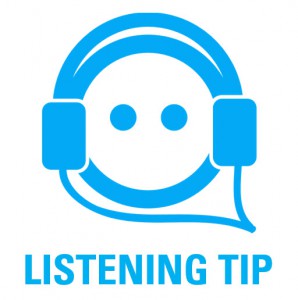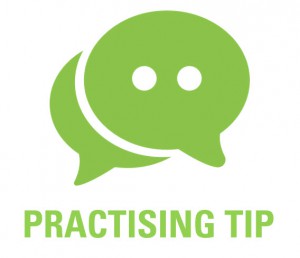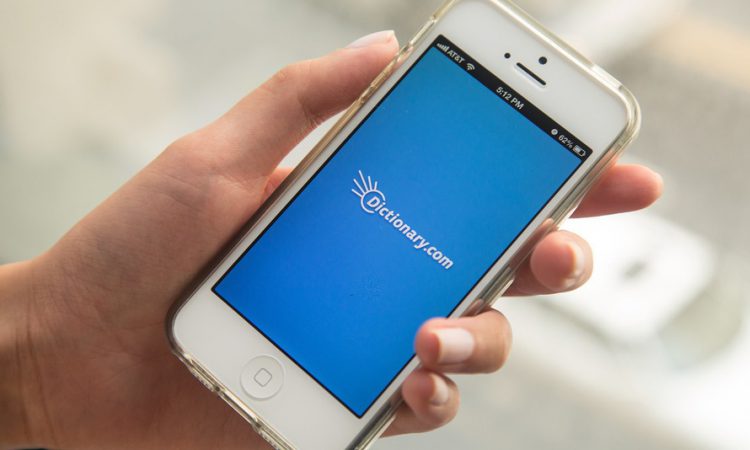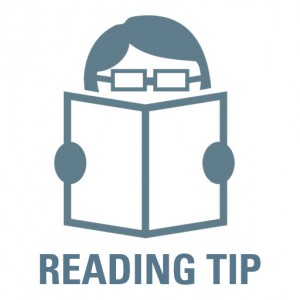Is economic news your cup of tea? Then visit Podcasting in English.
This excellent website regularly posts podcasts on current topics, like the Panama Papers, the Brexit, or Bitcoin virtual currency. You can listen to these podcasts for free. However, if you would like practise exercises and transcriptions, you will have to have a paid account.
More tips














